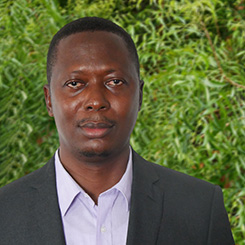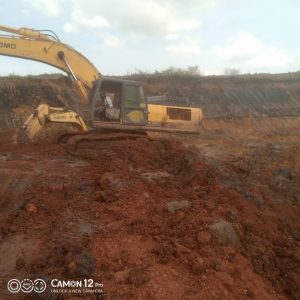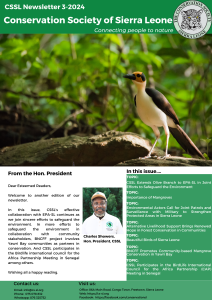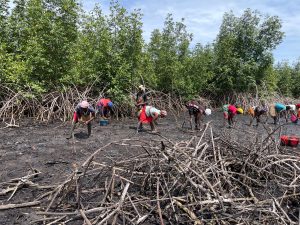From 30th November to 13th December 2023, the COP28 UN Climate Change Conference was celebrated as the biggest of its kind. Some 85,000 participants, including more than 150 Heads of State and Government, were among the representatives of national delegations, civil society, business, Indigenous Peoples, youth, philanthropy, and international organizations in Dubai.
COP28 began with a historic agreement on a loss and damage fund to help developing countries cope with the effects of climate change. The fund was agreed to by delegates on the first day of the conference. Several countries have pledged money to the fund, including the United Arab Emirates, Germany, and the United States. The fund is a significant step forward in addressing the issue of loss and damage, but it is important to remember that it is just one part of the solution.
The conclusion of the first global stocktake marked the world’s efforts to address climate change under the Paris Agreement. Analysis have shown that, across all areas of climate action the progress was too slow. Starting with reducing greenhouse gas emissions, over strengthening resilience to a changing climate, to getting the financial and technological support to vulnerable nations. To be able to reach the global climate goals by 2030, country representatives decided on several strategies. These include a call on governments to speed up the transition away from fossil fuels to renewables such as wind and solar power in their next round of climate commitments.
Key highlights from COP 28
- Signalling the beginning of the end for fossil fuel era
- New funding for loss and damage
- Enhancing global efforts to strengthen resilience.
- Linking climate action with nature conservation
- Ramping up practical climate solutions
“I welcome the agreement on the Loss and Damage Fund, and the amounts of funds which have already been pledged for the fund from several countries.
But let´s not forget that climate change is not only to solve on international level. Sierra Leone has signed the declarations on Sustainable Agriculture, Resilient Food Systems and Climate Action among others. It is now on our government and on us to realize these commitments in our own country. This starts with real action and enforcement of our environmental laws, of the protection of our protected areas such as the Western Area Peninsula Forest or Lake Sonfon. We can witness the destruction of our ecosystem day by day. If we really want to reduce food loss, ecosystem loss and degradation, we must start to protect our ecosystem. Protection is always better than restoration!”Dr. Sheku Kamara, Executive Director CSSL




